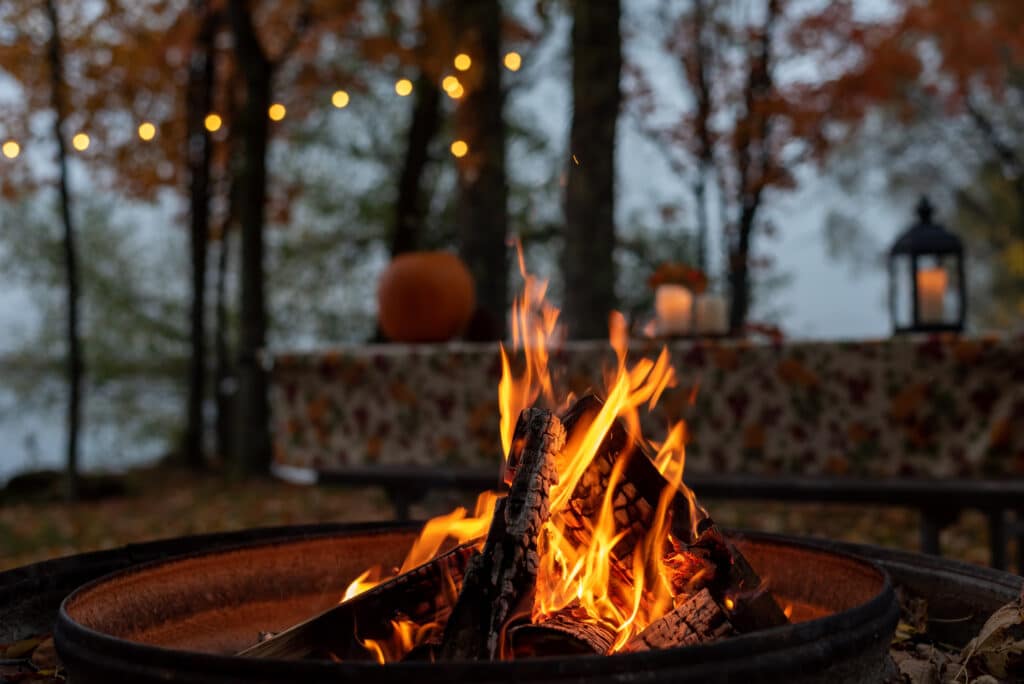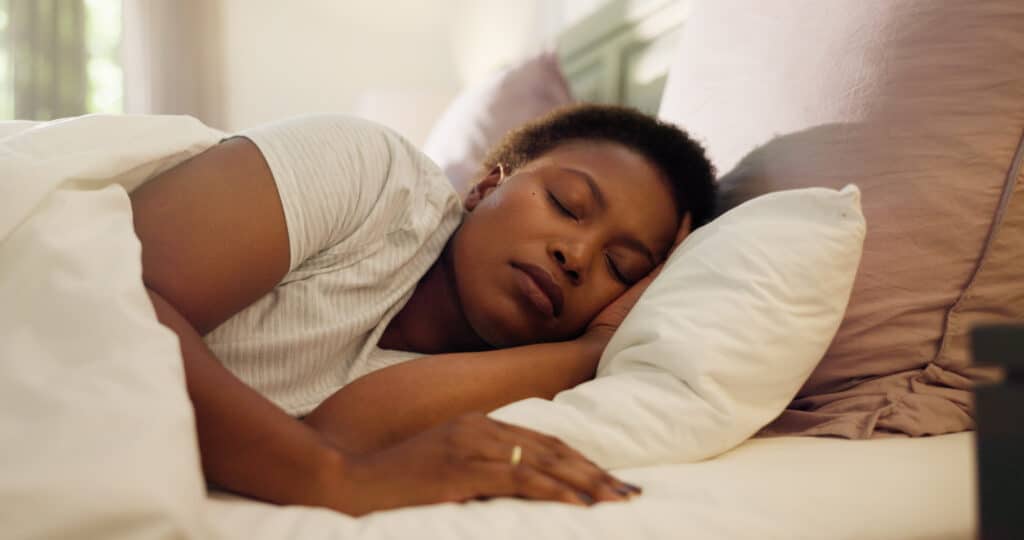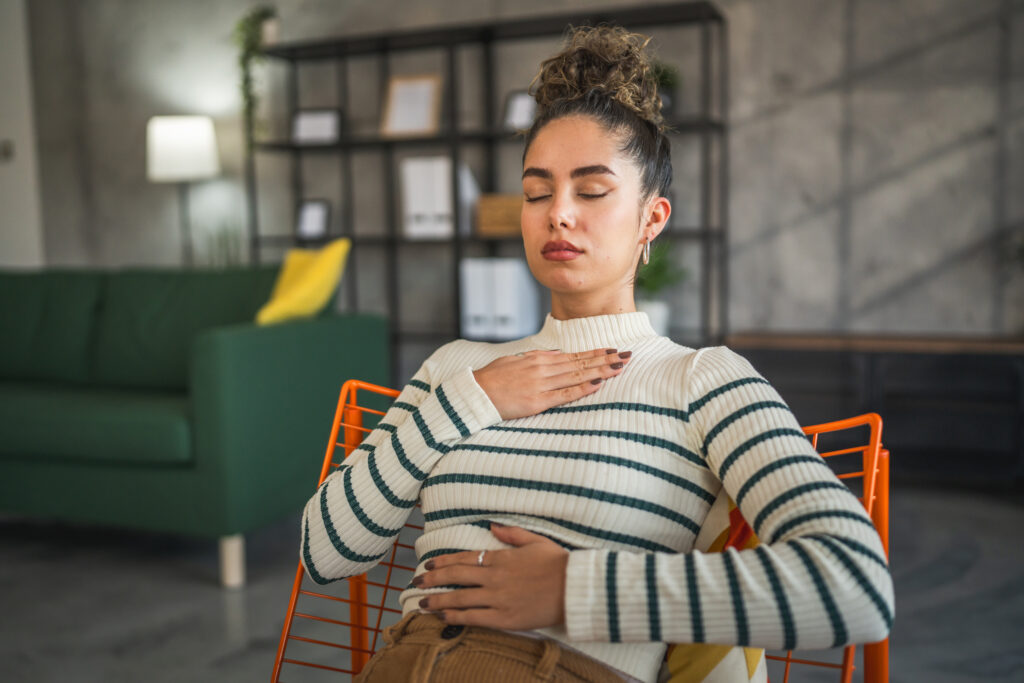The Halloween season can be full of spooky fun. Decorations, costumes, parties, treats. What’s not to love? But for many people surviving trauma, it can be a tricky time of year.
Understanding trauma symptoms and Halloween triggers
Imagine always feeling like something is about to jump out at you. Or having a strong, startled reaction when you’re surprised. This is known as hypervigilance, a symptom of trauma. Now, imagine feeling like this and encountering a spooky yard decoration that moves unexpectedly. Or lunges at you. While meant as harmless fun, it can cause more symptoms for trauma survivors.
- Flashbacks
- Unwanted and intrusive memories
- Emotional or physical reactions to triggers
- Trouble sleeping
- Nightmares
Celebrating without causing harm
Consider these ideas for enjoying the festive season without triggering trauma in others.
- Give others a choice. We talk a lot these days about consent in physical interactions. Use the same approach for scaring or startling someone. Make sure they want to be scared before doing so.
- Gatekeep any triggering decorations. There are many ways to get into the Halloween spirit without triggering others. If you love “terrifying” decorations, keep them indoors. Outdoors, where passing by is less of a choice, go for more seasonal (think pumpkins) or goofy (inflatable ghosts or skeletons playing chess).
- Check in with your friends. If you know someone who struggles this time of year, ask them how they’re doing. Listen to what they say and give them the support they need.
Coping tips for trauma survivors
If the Halloween season fills you with anxiety and stress, it may help to focus on self-care and coping. Here are some things to try:
- Know your limits. Don’t try to go with the flow with activities you know will cause you distress. It’s OK to say no to visiting a haunted house. Or pass on watching a horror movie.
- Let your loved ones know. Talk to a close friend or family member about what is and isn’t safe for you this time of year. That way, they won’t pressure you to do things you aren’t comfortable with. You can also make a point to spend time doing something you both enjoy. Maybe a walk to enjoy the leaves or apple picking.
- Double down on self-care. Make extra time for self-care strategies that have worked in the past, like yoga, breathing exercises, or journaling. If you’re not sure what might help, try different things.
- Get help when you need it. It’s one thing to opt out of watching scary movies. But if living with trauma symptoms makes it hard to do everyday things like drive, work, shop for groceries, or interact with others, it may be time to try a new treatment.
Freespira is an at-home treatment that relieves panic attacks or trauma symptoms without medication. It’s a breathing device that’s combined with coaching support. It works in 28 days or less. See if Freespira is right for you.




